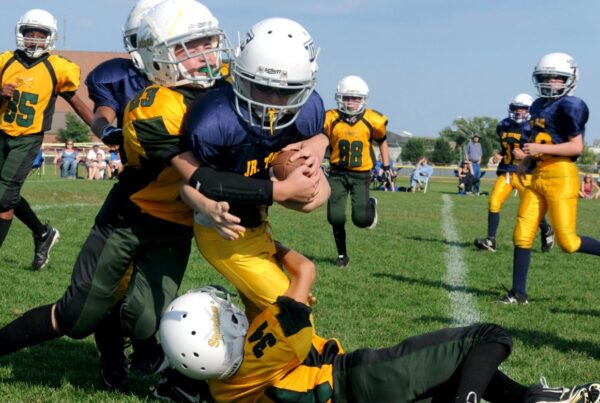by Ned Lockwood, DPT
Why are my hands tingling after I sit at my desk all day long?
There are many conditions that can cause upper extremity numbness, tingling, or radiating pain. A common condition that may cause these symptoms is thoracic outlet syndrome (TOS). TOS is a condition that causes excess compression of the neurovascular bundle in the thoracic outlet, which supplies the upper extremity. The nerve portion of this bundle is known as the brachial plexus which provides sensation and motor control to various portions of the arm. This is why symptoms of numbness, tingling, or radiating pain can be observed with excessive compression of the thoracic outlet. The vascular portion of the bundle is composed of the subclavian artery and subclavian vein. The subclavian artery provides blood from the heart to the arm and subclavian vein returns blood from the arm to the heart. Excessive compression of the bundle can cause artery compression, which can cause the symptoms of hand coldness or paleness. Compression of the vein portion can cause the symptom of hand puffiness or abnormally increased warmth.
What causes the compression associated with thoracic outlet syndrome (TOS)?
Thoracic outlet syndrome is most commonly caused by traumatic muscular strain or repetitive constant muscular strain from poor posture. This is why prolonged sitting at a desk with poor posture can often cause the symptoms associated with this condition. TOS is more uncommonly caused by anatomical abnormalities, such as a cervical rib.
How is thoracic outlet syndrome (TOS) treated?
Thoracic outlet syndrome is most commonly treated with a combination of conservative managements including rest, stretching, anti-inflammatory medication, muscle relaxant medication, postural/ ergonomic training, and physical therapy. Patients with TOS rarely proceed with surgical intervention due to frequent success with conservative treatment. However the most common surgical intervention is typically correlated with the removal of an anatomical abnormality such as a cervical rib.
Dr. Lockwood is a Physical Therapist at Boston Sports Medicine



